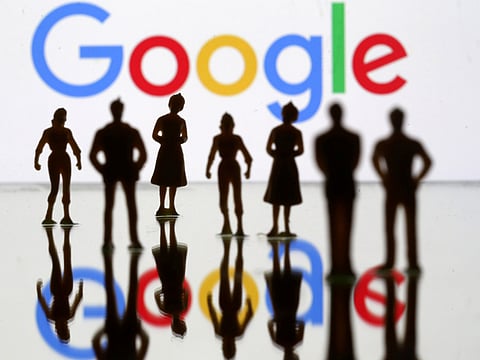The difference between privacy and policing
It is one thing to sell our personal data, another to use it to maintain peace

Look at any family meal, any business meeting, on any train, any bus — anywhere at any time — and the common denominator is our mobile phone. It is our constant companion, our must-have accessory, our must-use device, our means of communication, information and active psychological participation in today’s fast-paced wired and wireless life.
There are those who maintain statistics on such things and inform us that the average person checks their mobile phone more than ten times an hour — and you can Google it on your device to see if indeed that is true, watch a video, reply to an email and check out your friends’ social media postings while you’re at it.
The moral here is that our phones are a key indicator of our lives, our activities, our preferences and indeed our presence at any place at a given time. And it’s that plethora of information that is now becoming a very useful and practical tool for law enforcement and security authorities.
In a recent case in the US, deputies on the trail of a murder suspect were able to use warrants to access an enormous Google database employees call Sensorvault, to turn the information from apps that track mobile phone users into — literally — a virtual dragnet for police and sheriffs. It’s just the latest example of how personal information — where you go, who your friends are, what you read, eat and watch, and when you do it — is being used for purposes many people never expected.
For those charged with keeping us safe, keeping our society secure, making sure that the words and aims of those who seek to spread sedition or terror never see the light of day, this new tool is a welcome addition.
For those who might be tempted to commit crimes, inflict harm on others, engage in antisocial activities, the possibility that law enforcement authorities might indeed be able to piece together their illegal deeds should serve as another deterrent.
Certainly, over the past 18 months, Facebook has come under fire for playing fast and loose with our personal data. It has allowed third party app developers to access our data, monetising our social media usage without our fullest consent or masking it in the finest print of terms and conditions to be ticked while signing up for the first time.
This immoral commercialisation of our personal data should not be confused with the benefits that law enforcement and security officials might garner from our mobile phone location services. There is a difference between privacy and policing.
Sign up for the Daily Briefing
Get the latest news and updates straight to your inbox



